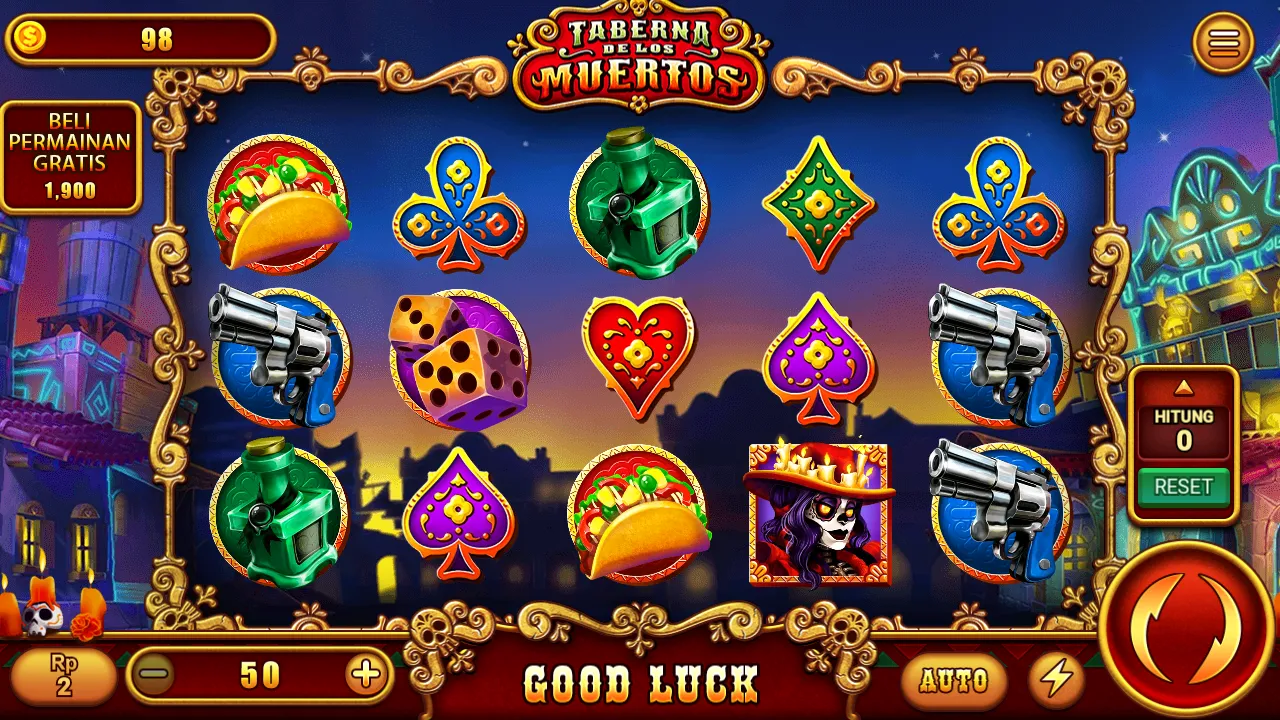🔗 3178 Link Alternatif Terupdate 2025
Akses situs utama kami melalui 3178 link alternatif terbaru yang selalu aktif! Bypass blokir internet dan mainkan Mistik Mesir slot dengan RTP 97.8% langsung dari smartphone Anda. Cocok untuk pengguna Telkomsel/XL/Axis!
📲 Download APK Mod Versi H5 Terbaru
Dapatkan aplikasi modifikasi eksklusif dengan fitur auto-spin dan bonus 100% deposit pertama! Mainkan Gates of Olympus 1000 langsung di HP Android/IOS tanpa lag. Ukuran APK hanya 18MB - kompatibel dengan semua versi OS!
💳 Deposit via Dana & OVO Instant
Top up saldo hanya 3 detik dengan e-wallet favorit! Minimal deposit Rp10,000 via Dana/OVO/ShopeePay langsung bisa main Fortune Tiger slot. Proses withdrawal ke rekening bank kurang dari 3 menit!
🎰 50+ Game Slot Gacor Hari Ini
Rekomendasi slot dengan RTP tertinggi: Aztec Gems (98.2%), Gems Bonanza (97.9%), dan Sugar Rush 1000 (97.5%). Nikmati fitur buy free spin dan multiplier hingga x1000 di versi terbaru!
🆓 Free Chip 100% untuk Member Baru
Daftar sekarang via aplikasi H5 dapat bonus 100% tanpa syarat turnover! Mainkan Tembak Ikan dengan modal besar dan menangkan jackpot progressive Rp8,3 Miliar! Syarat & ketentuan berlaku.



































